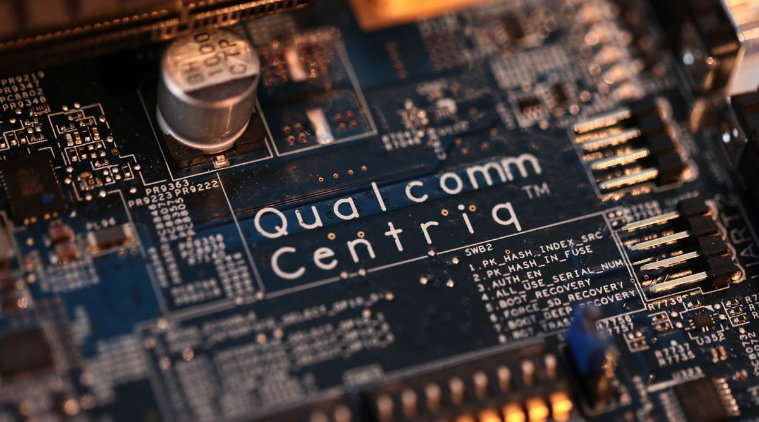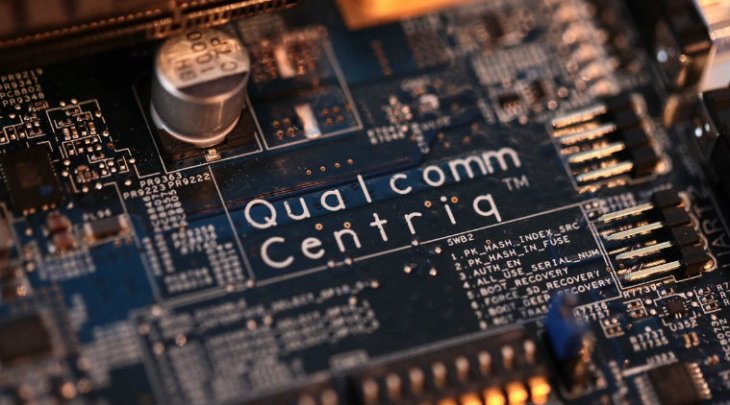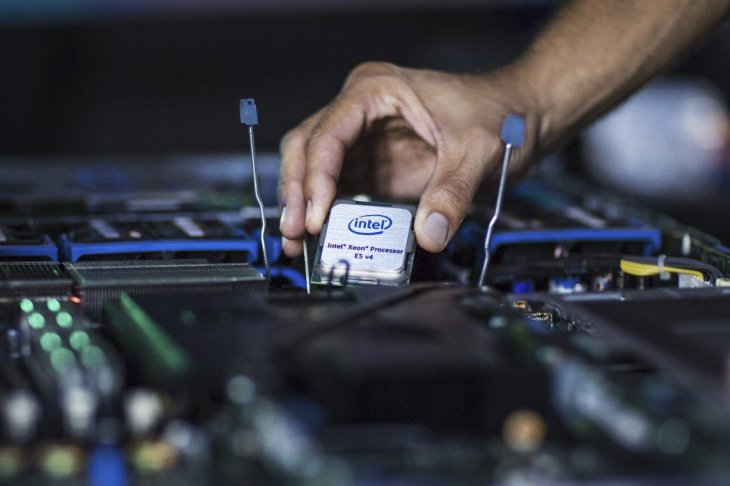Qualcomm Didn't Have The Sufficient Power To Hurt Competition, An Expert Testified
Dhir Acharya - Jan 23, 2019

On Tuesday, a Qualcomm expert took her turn to testify the case, defending Qualcomm.
- Apple To Pay $6 Billion To Resolve the Dispute With QualComm
- Apple Resumes iPhone 7 and iPhone 8 Sale In Germany After Ban
- Qualcomm Wrapped Up Its Defense Against FTC's Accusations
Qualcomm didn’t have the power to impact competition in the mobile chip market, according to the testimony from Qualcomm expert Tasneem Chipty. At the company, Chipty specializes in competition policy and antitrust economics, she also runs her own consulting firm, Matrix Economics based in Boston.
On Tuesday, Chipty testified to the US Justice Department, saying when strong MediaTek chips hit the market or Intel won business with Apple, the company did a few things like cutting down on chip prices to win business. But that doesn’t mean it was anticompetitive. She claimed that the chip maker is not powerful enough to force phone makers into a situation where it would take billions of dollars from them.

According to Chipty, in fact, between 2014 and 2017, Qualcomm lost 50 points of market share while other competitors like Samsung, Huawei, Intel, and MediaTek have been getting points. Chipty added that in 2018, flagships of Apple and Huawei chose other companies’ processors instead of Qualcomm and Samsung bought its modems for only 35 percent of its handsets.
Regarding Apple, Chipty said there was competitive pressure from Intel, so the company had to innovate and cut down its prices.
Last week, Apple executive Matthias Sauer testified that in 2014, though Intel couldn’t meet Apple’s technology standards, it chose to use Intel’s modems and chips because Qualcomm would not give incentives for Apple to stay.

Apple said it had to go with Intel because Qualcomm didn't offer incentives
In her conclusion, Chipty stated that an FTC expert didn’t incorporate the term “competition” into his definition of market power appropriately, that he exaggerated the market power of the company, and the agreements between Apple and Qualcomm were based on legitimate business reasons without negative impact on competition.
The battle between Qualcomm and the Federal Trade Commission has been going on in the courtroom, San Jose, California, since January 4. Last week, the Commission completed its case against the chipmaker, and since then the chip maker has been defending against FTC’s accusations.
Featured Stories

ICT News - Feb 19, 2026
Escalating Costs for NVIDIA RTX 50 Series GPUs: RTX 5090 Tops $5,000, RTX 5060 Ti...

ICT News - Feb 18, 2026
Google's Project Toscana: Elevating Pixel Face Unlock to Rival Apple's Face ID

Mobile - Feb 16, 2026
Xiaomi Launches Affordable Tracker to Compete with Apple's AirTag

ICT News - Feb 15, 2026
X Platform Poised to Introduce In-App Crypto and Stock Trading Soon

ICT News - Feb 13, 2026
Elon Musk Pivots: SpaceX Prioritizes Lunar Metropolis Over Martian Colony

ICT News - Feb 10, 2026
Discord's Teen Safety Sham: Why This Data Leak Magnet Isn't Worth Your Trust...

ICT News - Feb 09, 2026
PS6 Rumors: Game-Changing Specs Poised to Transform Console Play

ICT News - Feb 08, 2026
Is Elon Musk on the Path to Becoming the World's First Trillionaire?

ICT News - Feb 07, 2026
NVIDIA's Gaming GPU Drought: No New Releases in 2026 as AI Takes Priority

ICT News - Feb 06, 2026
Elon Musk Clarifies: No Starlink Phone in Development at SpaceX
Read more

ICT News- Feb 19, 2026
Escalating Costs for NVIDIA RTX 50 Series GPUs: RTX 5090 Tops $5,000, RTX 5060 Ti Closes in on RTX 5070 Pricing
As the RTX 50 series continues to push boundaries in gaming and AI, these price trends raise questions about accessibility for average gamers.

ICT News- Feb 18, 2026
Google's Project Toscana: Elevating Pixel Face Unlock to Rival Apple's Face ID
As the smartphone landscape evolves, Google's push toward superior face unlock technology underscores its ambition to close the gap with Apple in user security and convenience.

Mobile- Feb 17, 2026
Anticipating the Samsung Galaxy S26 and S26+: Key Rumors and Specs
The Samsung Galaxy S26 series is on the horizon, sparking excitement among tech enthusiasts.
Comments
Sort by Newest | Popular